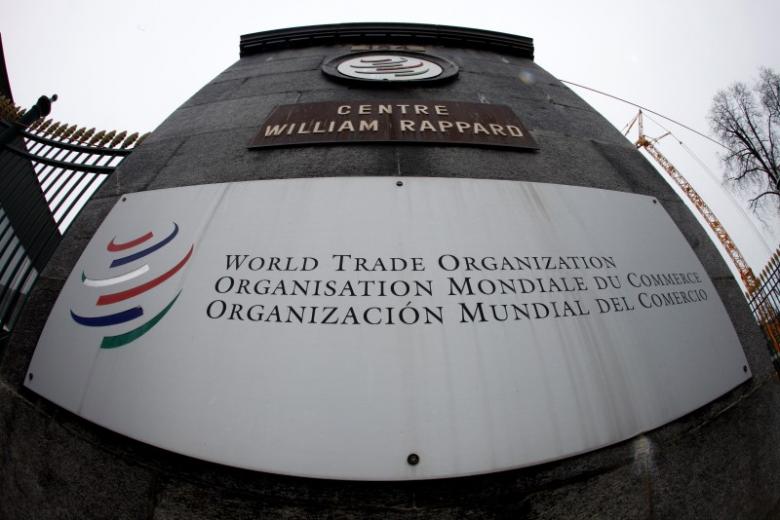
For 20 years, members of the World Trade Organisation (WTO) have been trying to negotiate an agreement to ban subsidies that favour overfishing and threaten the industry’s sustainability.
Numerous sticking points remain. Some of the challenges the negotiators face include WTO being the only organisation that can set and enforce global agreements on limiting subsidies that distort competition, which is why the task of setting rules on fisheries subsidies has fallen under its remit.
The organisation has been working on drawing them up since the 2001 launch of the Doha Development Agenda, a round of WTO trade negotiations aimed at improving the trading prospects of developing countries. In September 2015, the adoption by world leaders of the UN Sustainable Development Goals (SDGs) gave the issue renewed urgency.
Member countries failed to reach an agreement before the end of 2020 - the deadline that was set in the UN’s SDGs - despite an intensification of negotiations last year.
But new WTO chief Ngozi Okonjo-Iweala has made clinching the long-awaited fisheries deal by the end of this year a priority.
Read More: ECC to okay 5-year trade framework
Fish stocks are at risk of collapse in numerous regions of the world because of overfishing, according to the latest data from the UN’s Food and Agriculture Organisation, the WTO said. About 34% of global stocks are overfished, compared to just 10% in 1974, which suggests they are being exploited at a rate far faster than they can recover.
Declining fish stocks threaten to exacerbate poverty and endanger coastal communities dependent on fishing. Around 39 million people in the world depend on fishing for their livelihoods, the organisation says.
Published in The Express Tribune, July 16th, 2021.
Like Business on Facebook, follow @TribuneBiz on Twitter to stay informed and join in the conversation.










1732486769-0/image-(8)1732486769-0-270x192.webp)










COMMENTS
Comments are moderated and generally will be posted if they are on-topic and not abusive.
For more information, please see our Comments FAQ